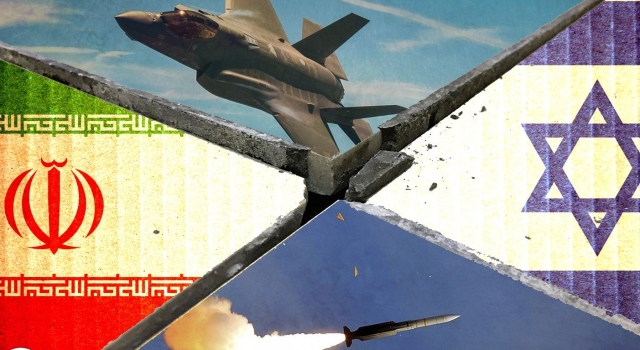Israel has launched airstrikes on the Gaza Strip in response to Hamas's initiation of Operation Al-Aqsa Flood against the Jewish state. The group governing the beleaguered enclave claims to have fired thousands of rockets at Israel, resulting in multiple casualties and compelling Israel to declare a "state of war."
Shortly after Hamas's armed wing claimed responsibility for the barrage on Israel—firing over 5,000 rockets—the Israel Defense Forces (IDF) pledged retaliation and declared the nation to be in a "state of war."
Emphasizing the Iranian backing of this unexpected assault, which indiscriminately targeted civilians, former IDF spokesperson Lieutenant Colonel Jonathan Conricus remarked, "This attack by Hamas, substantially funded and supported by Iran through weapons, personnel, equipment, and financial resources, is unequivocally one attack too many."
"We still lack confirmed information regarding the extent of these attacks, but it's clear they are both unprecedented and severe. When such an onslaught is executed by an Iranian proxy, it transcends routine conflict. This isn't a situation to which we can respond by merely attacking military installations within the Gaza Strip. We're faced with a distinctly different scenario, demanding a correspondingly distinct Israeli response," he added, implying that Iran might not be excluded from the conflict and that Israel's reaction to the Saturday morning attack would be both different and severe.
Meanwhile, Israeli airstrikes continue to target the Gaza Strip following Hamas's declaration of Operation Al-Aqsa Flood. The Palestinian group asserts that it has launched thousands of rockets at Israel, with several casualties confirmed.
Reports from Israeli military radio also indicate that Palestinian militants from Gaza have "infiltrated" Israel. Visual evidence from the conflict zone reveals armed individuals on vehicles within Israeli territory, and unverified footage shows Palestinian militants taking Israeli citizens hostage. These details collectively signal the severity of the attack and suggest that Israel's countermeasures will be anything but passive.
Further evidence of the situation's gravity comes from reports that the Israeli defense minister has authorized the mobilization of military reservists, hinting at the potential for further escalation.
These unfolding events may also reverberate in regional countries like Turkey and Iran. Traditionally aligned with the Palestinian cause, Turkey may engage in diplomatic initiatives aimed at de-escalation. Iran, a known supporter of Hamas, could witness an uptick in its regional influence, although its policies may also attract increased scrutiny.
The ultimate impact on both nations remains speculative, but the escalating tension undoubtedly elevates security and stability concerns for them, with potential repercussions on their international standing.
In conclusion, the ongoing conflict between Israel and Gaza is poised to have broad ramifications across the region. This underscores the critical necessity for diplomatic intervention to sustain regional stability. The challenge of managing tensions in the Middle East is perennially complicated, with far-reaching consequences for the future stability of the region.


